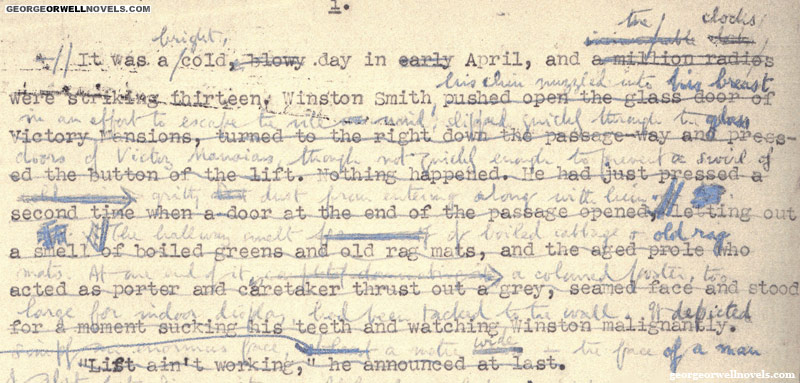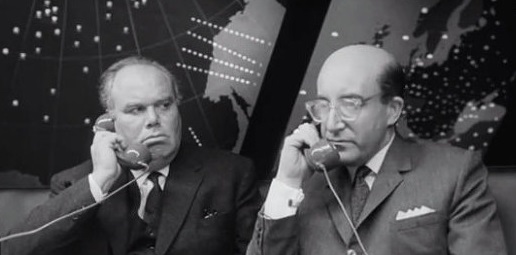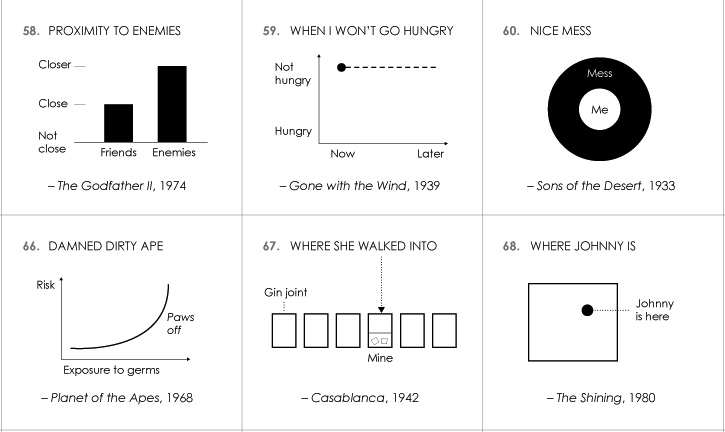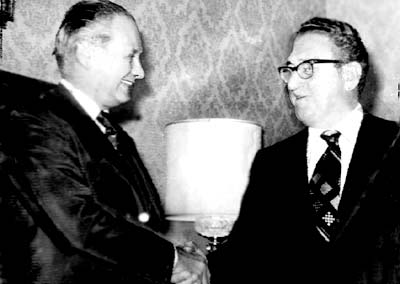 “To watch Rex play Spelunky is to watch someone who has spent hundreds of hours — entire days — with the game, training his muscle memory, familiarizing himself with every possible situation, memorizing Spelunky arcana and honing techniques. Yes, he’s naturally gifted, but his talents are clearly bolstered by a colossal amount of experience. If anyone were going to pull off a solo Eggplant run, it was going to be Bananasaurus Rex.”
“To watch Rex play Spelunky is to watch someone who has spent hundreds of hours — entire days — with the game, training his muscle memory, familiarizing himself with every possible situation, memorizing Spelunky arcana and honing techniques. Yes, he’s naturally gifted, but his talents are clearly bolstered by a colossal amount of experience. If anyone were going to pull off a solo Eggplant run, it was going to be Bananasaurus Rex.”
By way of longtime reader Jared Dunn, Polygon‘s Douglas Wilson tells the story of a successful solo eggplant run in Spelunky, 30-For-30 style. “[T]o someone who’s played Spelunky, those times aren’t just impressive — they’re superhuman. They’re like the four-minute mile of video games. And watching Rex use the Teleporter, one of the game’s most lethal tools, is like watching Michael Jordan play basketball with a bomb, successfully.”
I’ve never actually played, or even heard of, Spelunky until this article, but thought this was a fascinating deep-dive into one particular gaming subculture.









